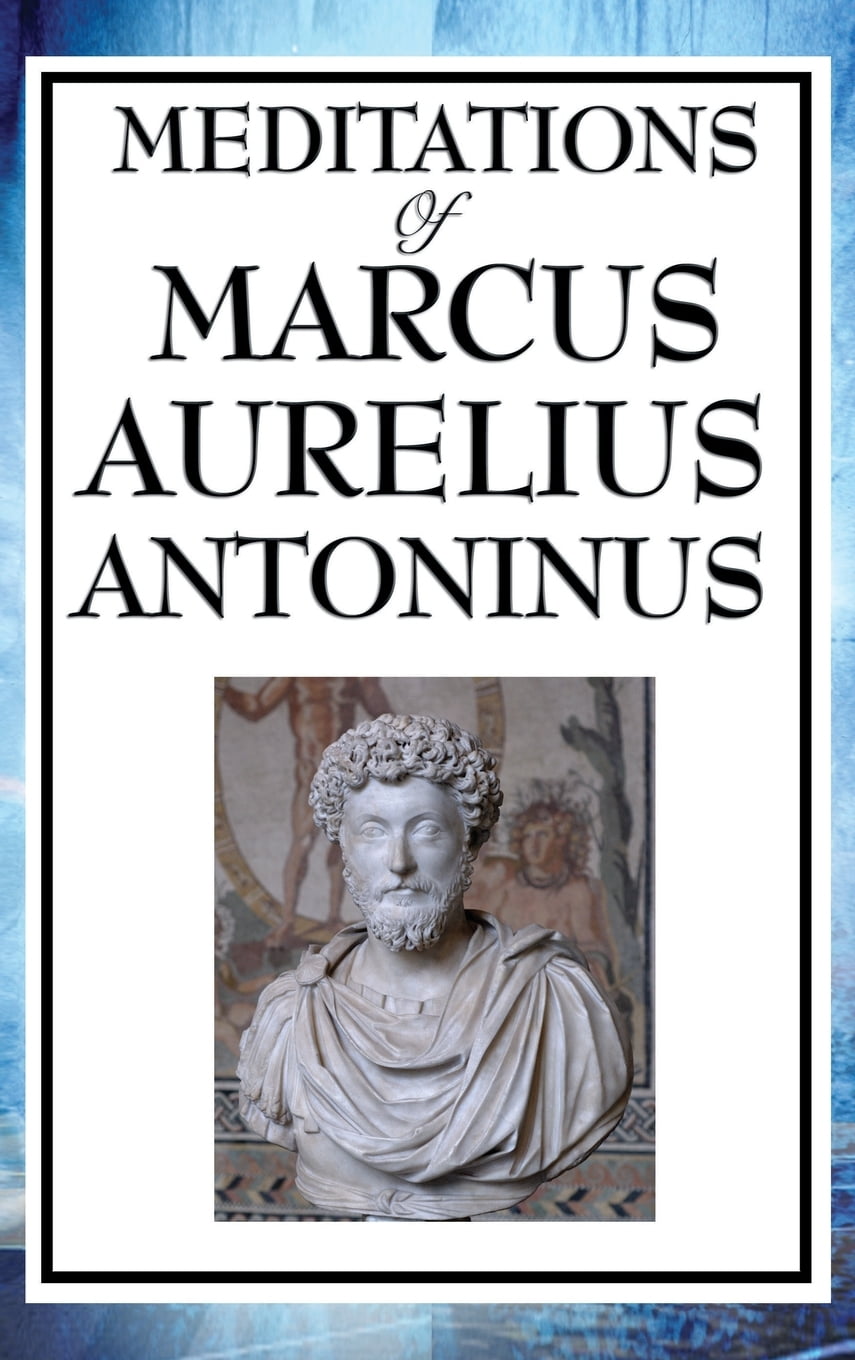

Marcus by being exemplars of some virtue or bearers of some useful Outside of Book I, which acknowledges various relatives and teachers for benefiting Marcus’ Meditations reads very differently from other ancient Greek and Roman ‘Caesarified’ (that is, act like a dictator, vi.30). With this, he warns himself to see to it that he does not become (assassin of Julius Caesar), Cato, Dion (probably of Prusa), (Publius) Thrasea, and Helvidius (i.14). On equality before the law, but also for the knowledge of Brutus Kingship: he thanks his adoptive brother Severus not only forĮxemplifying the love of justice and the vision of a constitution based Marcus’ political heroes included republican opponents of From Book I of the Meditations we also learn that Quoting Epicurus on ethical matters (as Seneca also had) in addition toĮpictetus and Epicurus, Marcus quotes liberally from such figures asĪntisthenes, Chrysippus, Democritus, Euripides, Heraclitus, Homer, and The Stoic influence, however, does not prevent Marcus from approvingly Sides of the same question, as required by rhetorical practice. Shortcomings, and realizing that he can never again argue opposite

BCE Greek Stoic Aristo of ChiosĪnd finding intense joy in his teachings, growing ashamed of his own I of the Meditations, he records his gratitude to his Stoic teacher andįriend Rusticus for giving him Epictetus to read, and in a letter toįronto written between 145 and 147, he reports reading the 3rd c. Marcus’ chief philosophical influence was Stoic: in Book Personal information, frequently concerning illnesses, births, and Philosophy written soon after Marcus became Emperor, and throughout, Smoke and dust) written when Marcus was still in hisĢ0s, an exchange about the value or disvalue of rhetoric to What seem to be rhetorical exercises (for example, pieces in praise of sleep, and Marcus was twenty and continued into his imperial years. Including a lengthy correspondence with his rhetoric teacher and Some edicts, official letters, and some private correspondence, Aside from the Meditations Marcus’ extant works include Written during the last years of his military campaigns. Of the work for which he is famous, the Meditations, was Northern Italy and Egypt, and an outburst of the plague at least part His reign was troubled by attacks from Germany, rebellions in Marcus Aurelius succeeded his adoptive father Antoninus Pius as Emperor of Rome in 161 CE and reigned until his own death in 180. Born in 121 CE and educated extensively in rhetoric and philosophy,


 0 kommentar(er)
0 kommentar(er)
